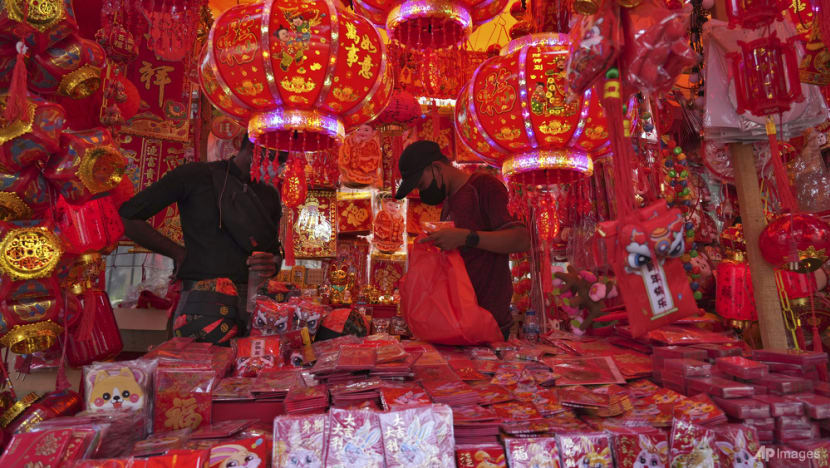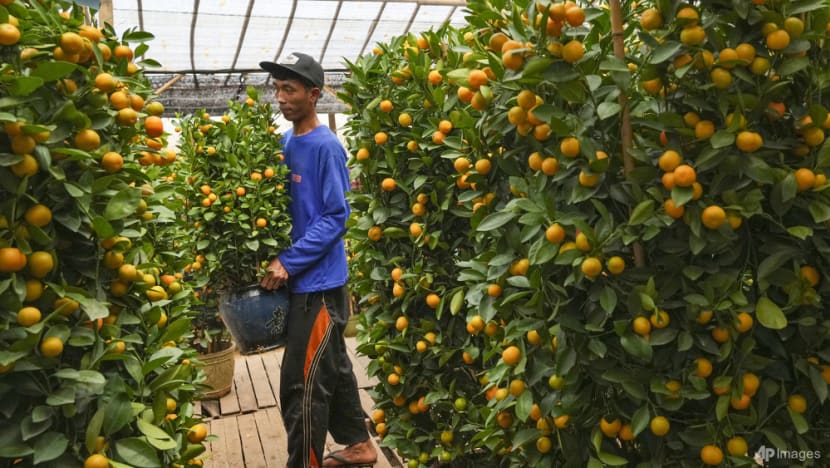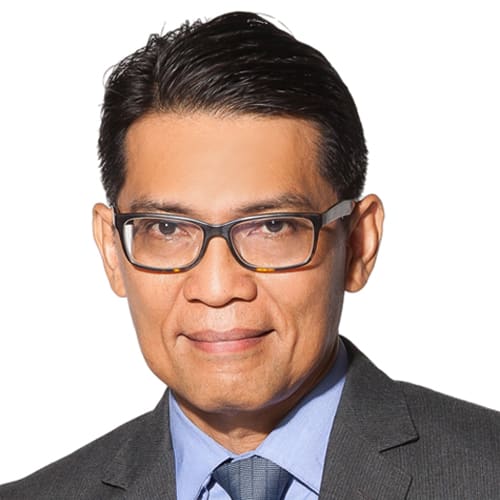Indonesia Elections 2024: Presidential hopefuls avoid religious, ethnic narratives to win over voters
This is a far cry from the last contest in 2019, which was among the most divisive in the country's history.


This audio is generated by an AI tool.
JAKARTA: Politicians in the upcoming presidential election in Indonesia have refrained from using religious or ethnic narratives to garner votes.
This is a far cry from the last contest in 2019, which was among the most divisive in the country's history.
At the time, many national leaders had resorted to identity politics to increase their winning chances, said observers.
Such strategies are no longer widespread this time due to a few factors, such as all three candidates having support from Islamic segments and the absence of hardline groups.
CULTURAL CELEBRATIONS ALLOWED
In the past, Chinese New Year celebrations were muted, and decorative ornaments were not allowed to be sold, or even seen, in public.
That changed in 2000, when the country’s former president, the late Abdurrahman Wahid, or Gus Dur, granted freedom to all Indonesians of Chinese descent to celebrate the occasion.
The community could finally partake in activities such as lighting up firecrackers, watching lion dance performances, and hanging decorations openly.
Chinese New Year, known as Imlek in Indonesia, is one of the biggest celebrations for Chinese Indonesians, who still follow the practices handed down by their ancestors.

The community hopes the country's next leaders can continue championing equality for minority groups.
Mr Anwar Budiman, founder of the Chinese Indonesian Community, said: "Equality is not making any distinctions, be it issues regarding permits (for places of worship) or other matters, and we are not differentiated regarding issues of identity and so on.
“If there is equality, we, Chinese people, will feel that we also have a sense of belonging. We were born in Indonesia, and we have blended in with other Indonesians. Even I, as our committee administrator, can no longer speak Mandarin."
Festive occasions like the Chinese New Year also give the presidential candidates a good opportunity to engage the Chinese community on the campaign trail.
Candidate Anies Baswedan, who recently held a dialogue session with the Chinese community in Jakarta’s Chinatown, said: "In every election, there are bound to be different choices and these different choices will definitely be associated as a form of polarisation.
“After the election is over, everyone is an Indonesian citizen who has the same right to receive services from the state (and) to get opportunities from the state. Therefore, after the election is over, the elected president needs to embrace everyone (and) work together with everyone."
In 2017, Mr Anies allegedly used identity politics to win the Jakarta gubernatorial election against incumbent Basuki Tjahaja Purnama, also known as Ahok, who is a Christian and Chinese Indonesian.
ISLAMIC SUPPORT
Identity politics may not be prevalent in this year's contest because all three pairs of candidates are supported by figures who have good Islamic credentials, according to political observers.
"There are no certain negative Islamic-related issues that can be directed towards each of these candidates,” Indonesian Survey Institute executive director Djayadi Hanan told CNA.
“So it is difficult to use identity politics to pinpoint if somebody is against Islam or not, or to claim that you are the only candidate fighting for Islam."
Another candidate Prabowo Subianto was also accused of using identity politics in 2019, during the presidential contest against current president Joko Widodo.
At the time, he had aligned himself with conservative elements in the country.
Mr Nusron Wahid, secretary of the Prabowo-Gibran National Campaign Team, said identity politics has diminished this time round as there is already unity between Mr Jokowi and Mr Prabowo.
“Therefore, Prabowo-Gibran is a symbol of reconciliation, a symbol of unity, a symbol of mutual cooperation, and a symbol of continuity,” he said.
Identity politics is also less widespread this year due to the absence of hardline groups, such as the Islamic Defenders' Front which was disbanded in 2020, said observers.
The candidates' campaign teams hope this state of affairs will continue, even if the election extends into a runoff.
"If, for example, going into the second round, there are two pairs of candidates, then hopefully the two pairs of candidates can develop a campaign that is far from exploiting identity politics,” said Mr Muhammad Zainul Majdi, deputy chairman of the Ganjar-Mahfud National Winning Team.
“If they are able to control it and set a good example (and) not create hoaxes based on identity politics, then I think the second round will also be conducive."
















